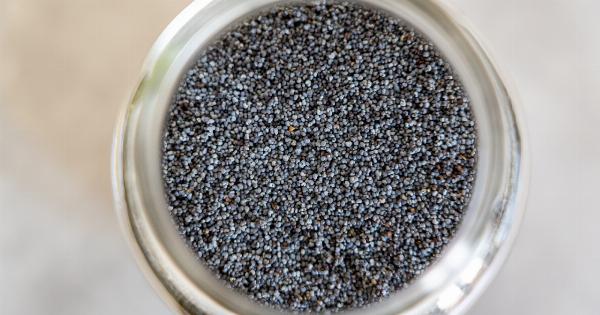Protein plays a vital role in the functioning of our body. It is an essential macronutrient that is responsible for numerous bodily processes, including cell repair, muscle growth, and hormone production.
Inadequate protein intake can lead to various health issues and deficiencies. This article highlights some signs that may indicate your body is lacking protein and provides insights into how to address this issue.
1. Muscle weakness and loss
One of the primary functions of protein is to aid in muscle growth and maintenance. If you are not consuming enough protein, your muscles may become weak and may even start to atrophy.
This can result in a decrease in muscle mass, which may be noticeable as a general feeling of weakness or a loss of physical strength. Inadequate protein intake can also hinder the recovery and healing process after exercise or injury.
2. Hair, skin, and nail problems
Protein is essential for the growth and maintenance of healthy hair, skin, and nails. If you are not getting enough protein, you may notice changes in the texture and appearance of your hair, such as brittleness or hair loss.
Your skin may become dry, dull, and prone to problems like dermatitis. Additionally, your nails may become weak, brittle, and prone to breakage.
3. Constant fatigue and lack of energy
Protein is a major source of energy for our bodies. When your protein intake is insufficient, you might experience constant fatigue and a general lack of energy throughout the day.
This is because protein provides essential amino acids that are crucial for the production of enzymes and hormones responsible for energy production. If you find yourself feeling tired, even after getting sufficient sleep, it may be a sign that your body is lacking protein.
4. Poor concentration and brain fog
Proteins are necessary for the production of neurotransmitters, which are chemical messengers that transmit signals between our brain cells.
Inadequate protein intake can lead to imbalances in neurotransmitters, resulting in poor concentration, brain fog, and even changes in mood. If you are experiencing difficulty focusing, memory issues, or a general feeling of mental fatigue, it might be a sign that your body needs more protein.
5. Slow wound healing
Protein is crucial for tissue repair and wound healing. It provides the building blocks necessary for the formation of new cells and tissues. If your body lacks protein, you may notice that your wounds take longer to heal.
You may also experience recurrent infections or prolonged recovery times after surgeries or injuries.
6. Increased appetite and cravings
Protein plays a significant role in satiety, the feeling of fullness after a meal. If your body is not receiving adequate protein, you may experience increased hunger, frequent cravings, and a tendency to overeat.
This can lead to weight gain and difficulties in maintaining a healthy weight.
7. Weakened immune system
Protein is essential for the proper functioning of the immune system. It helps in the production of antibodies, which play a vital role in defending our bodies against infections and diseases.
Inadequate protein intake can weaken the immune system, making you more susceptible to frequent illnesses, infections, and a general feeling of malaise.
8. Fluid retention and swelling
Proteins help maintain fluid balance in our bodies. When protein levels are low, the body may develop imbalances in fluid distribution, leading to fluid retention and swelling in various parts of the body, such as the ankles, feet, and hands.
9. Hormonal imbalances
Many hormones are made up of amino acids derived from proteins. Inadequate protein intake can disrupt the production and balance of these hormones, leading to hormonal imbalances.
This can manifest as irregular menstrual cycles, changes in libido, and mood swings.
10. Slower or impaired growth in children
Protein is especially crucial for children, as it supports their growth and development. Inadequate protein intake in children can result in slower growth, delayed puberty, and impaired cognitive development.
It’s important to ensure that children receive an adequate amount of protein in their diet to support their healthy growth.
If you are experiencing any of these signs, it may be an indication that your body is lacking protein.
However, it’s important to consult with a healthcare professional to rule out any underlying health conditions and to get personalized dietary advice. To address protein deficiency, consider incorporating protein-rich foods into your diet, such as lean meats, fish, poultry, eggs, dairy products, legumes, nuts, and seeds.
If necessary, you may also consider protein supplements or consult a registered dietitian or nutritionist to create a balanced and protein-rich meal plan.




























